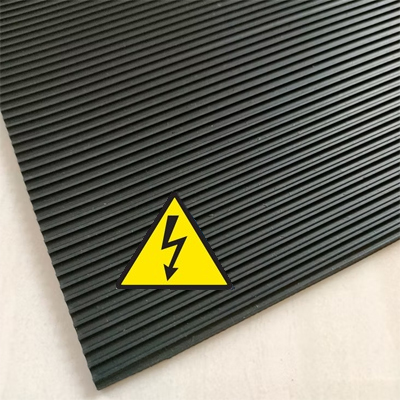
What is an Electrical Insulator?
Technically, you need to understand the Electrical Conductor’s concept to master
the topic of the Electrical Insulator, and the application of Insulator. The Electrical Conductor’s materials enable the flow of the Electrical current or charges in a single or multiple directions. In other words, the Conductors of Electrical materials can be metals, like copper and non-metallic materials, such as graphite
as they have free electrons. For example, if you want to charge your mobile, you plug it in the socket. The electrons present in the Electrical Conductor allow your phone to be fully charged.
On the contrary, Electrical Insulator materials do not allow free flow of Electric currents or charges. The Electrical Insulator materials give very little freedom for the electrons to drift from atom to atom. Thus, Electrical Insulators are a poor Conductor of Electricity. You can get a better understanding with the help of an Electrical Conductor example. You must have observed that the outer covering of your phone charger plug is made from plastic so that the Electric charges do not pass on to human skin.
High quality insulating rubber mats
Electrical insulating matting provides electrical safety protection for individual and collective protection for workers involved on LV MV HV installations for voltages of 3.3kV, 6.6kV, 11kV, 15kV, 20kV and 33kV – generally used in conjunction with additional PPE such as insulating gloves for worker safety.
High quality insulating mats with excellent electrical insulation and mechanical properties to resist impact, tears or punctures when protecting workers on LV MV HV switchgear and power systems – tested to IEC61111 and certification provided upon request.
The insulating matting is used when operating switchboards , live LV-HV switchgear, substations, transformers and electrical workstations, insulating rubber matting protects workers against electrical shock by absorbing the power that can result from a short circuit or other electrical leak.
The full range of electrical rubber matting thoroughly tested to guarantee compliance with all relevant standards. The mats are manufactured using the finest rubber compounds.
The quality of these mats is absolutely integral in complying with and maintaining electrical protection standards. In the UK, DNOs are increasingly stipulating the use of insulating rubber matting on cable jointing applications. Using insulating matting on cable jointing applications provides a secondary level of
protection should the insulating gloves being used become damaged or not provide
the level of protection required.
Advantages of Insulators
You must be wondering why are Electrical Insulators important for us when
Electric charges cannot be passed through it. Generally, Electrical Insulators
are highly useful at home, offices, streets, etc. They are used in Electrical
appliances and equipment. Unfortunately, human skin is one of the best
Conductors of Electric charges.
Furthermore, the presence of Electrical Insulator materials prevents and protects Electrical devices from generating high voltage. There are innumerable uses of Insulators. They are listed below.
• It prevents the passing of high-voltage in an Electric circuit
• It helps in reducing the cost of energy
• It helps in saving the environment by controlling the emission of pollutants
• It improves process performances
• It protects from Electric shock or electrocution
• It allows the soundproofing of appliances
Send Enquiry